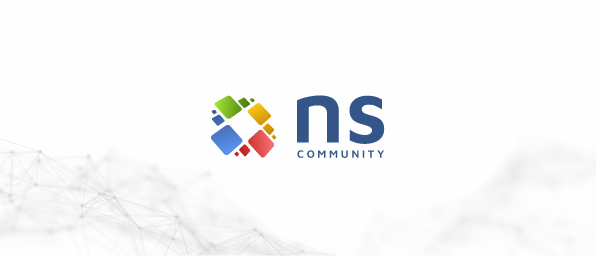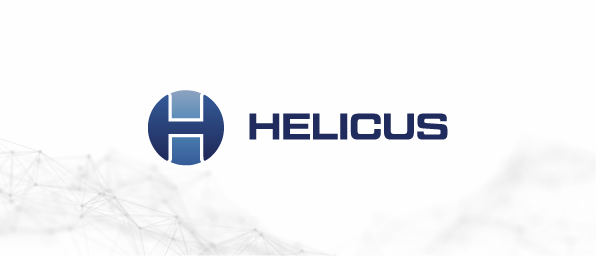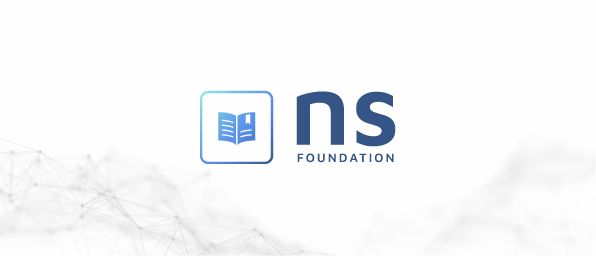
Dear community members,

Our community has been buzzing with innovative ideas, and across all our projects, people are actively working on these ideas. This newsletter has started as a tool to share the ideas and collaborative efforts with one another. As such, not only technical solutions or scientific research can be interesting. Meaningful blog posts, exciting new projects, and relevant emerging concerns are all considered valuable.
This month, we'll start sharing updates through our new NS-community hub. A team has been developing the Star's End homepage (https://stars-end.net/), which will serve as the portal for all information available to and created by our community - that means all of you.
If you notice errors or see opportunities for improvement on the NS-community hub, or if you'd like to share something or contribute a recurring topic, please don't hesitate to contact us: dirk.van.gorp@nsx.normalizedsystems.org (other people that might help with hub or newsletter).

As the summer semester concludes at CTU in Prague, NS Lab is celebrating a productive academic term. The Normalized Systems (NSS) course has entered the exam period, following a successful rollout of a new hands-on assignment where students applied NS principles to update and reason about code changes.
In parallel, significant progress was made in research: master theses focusing on Haskell and Elm expanders were submitted and are currently under review. Looking ahead, post-defense, we're excited to continue this line of work with the support of our incoming intern from France, who will help advance our efforts in expanding and updating the Spring Boot, Elm, and Haskell expanders.
Stay tuned for more updates from the lab as we carry this momentum into the next phase!

Helicus is extending its internally developed messaging metamodel-originally tailored for its own use-to support broader adoption within the community. This effort includes adapting and expanding the model to ensure it meets the needs of other stakeholders. Cast4All will be among the first to implement and test this community-ready version, applying it to their IoT-based energy monitoring solutions. This collaboration marks a key step toward standardized, interoperable messaging across applications and devices.

This month's featured piece has been written by Herwig Mannaert. As more of our projects involve complex data operations and distributed architectures, understanding how transactions work has become increasingly relevant to our work. Whether you're working on financial applications, e-commerce platforms or any system where consistency matters, this article offers valuable.
